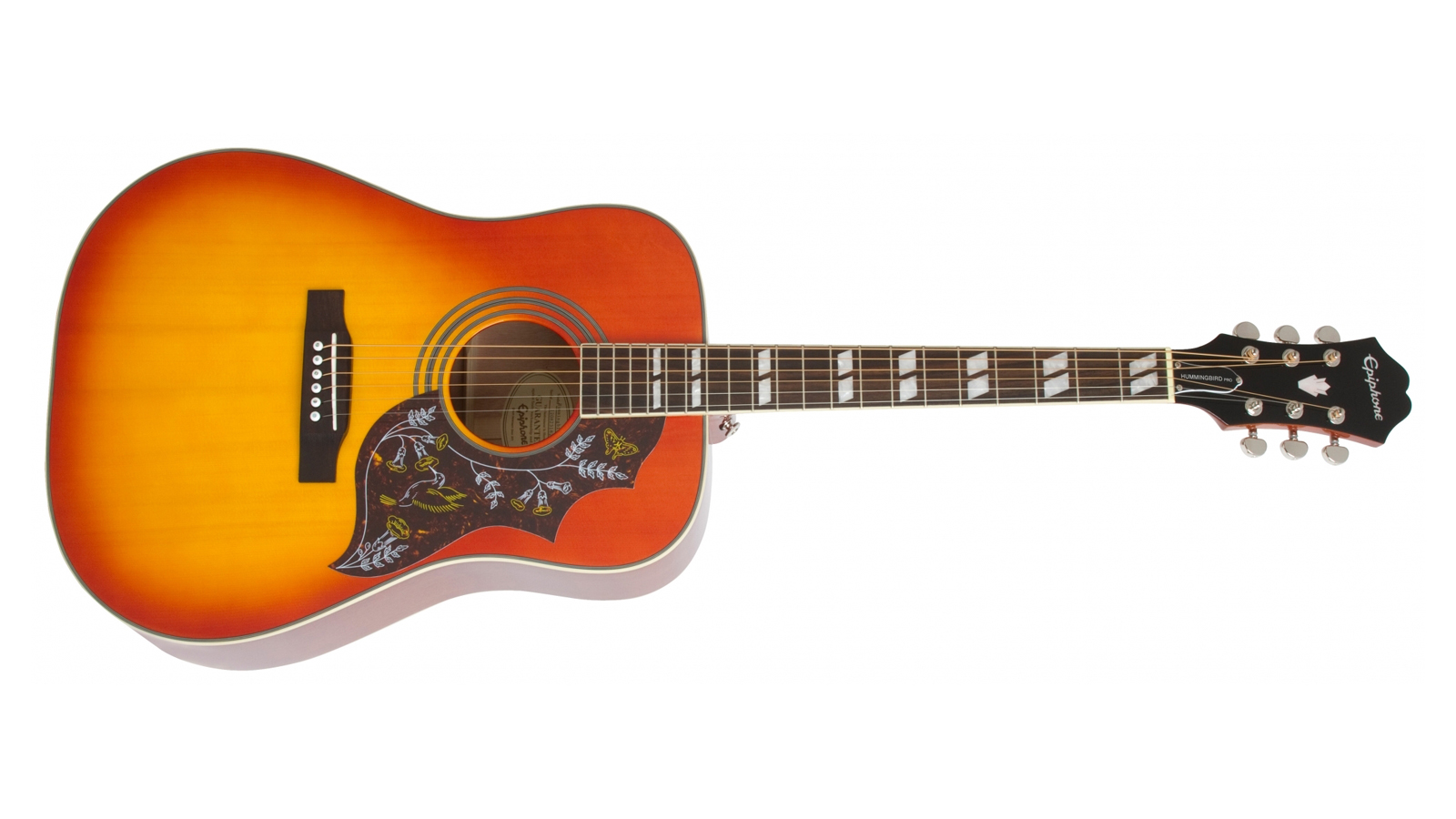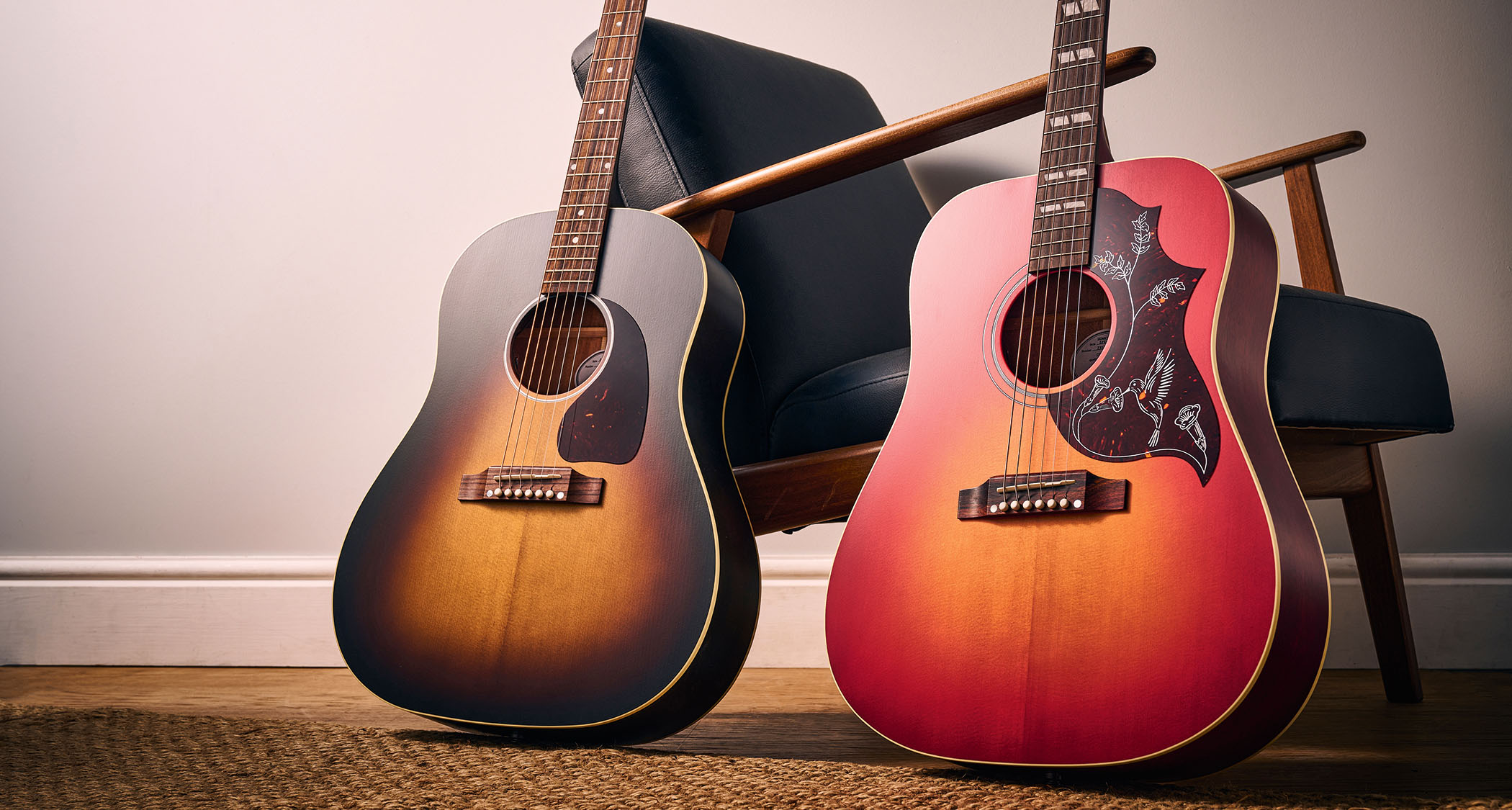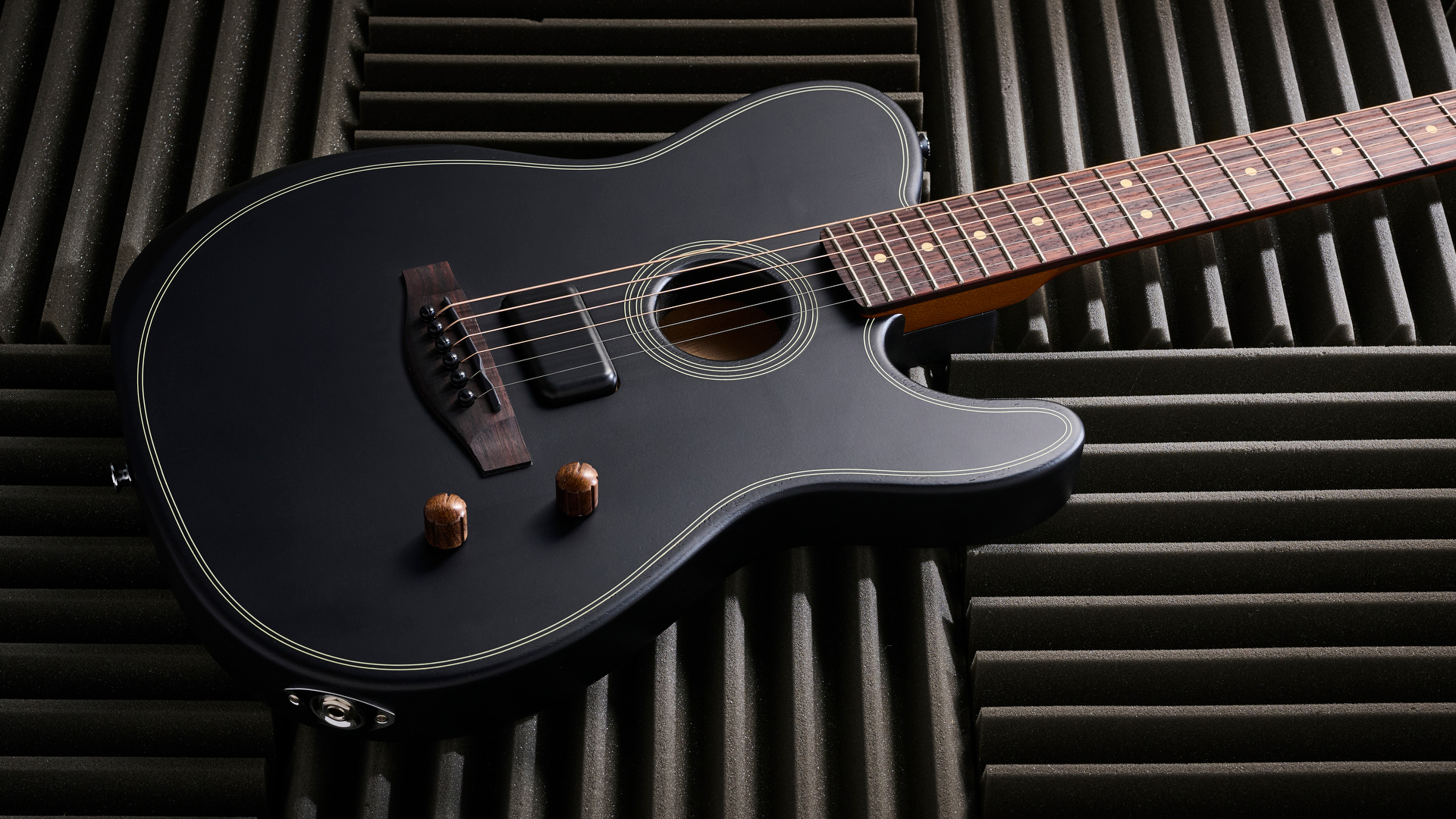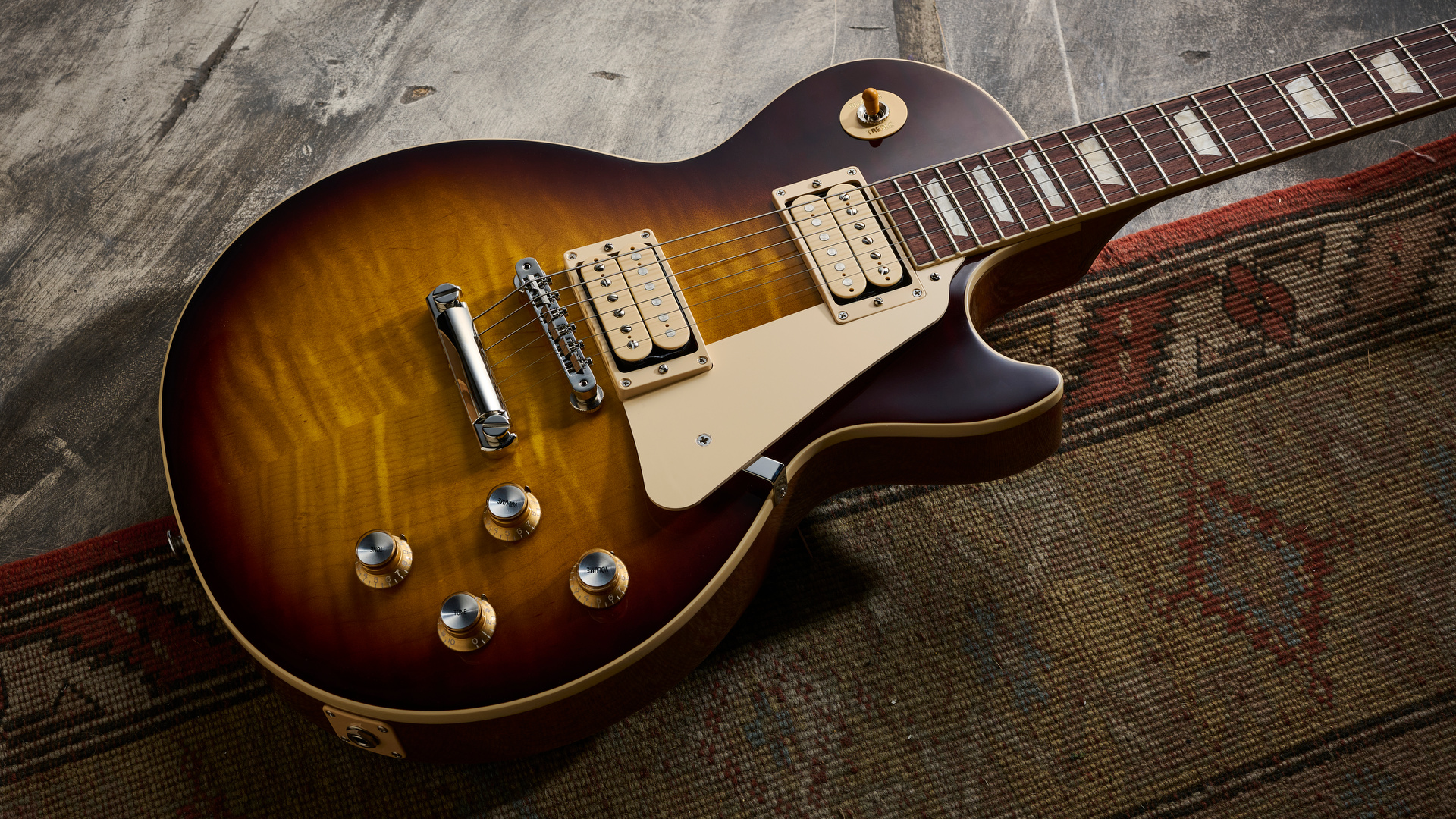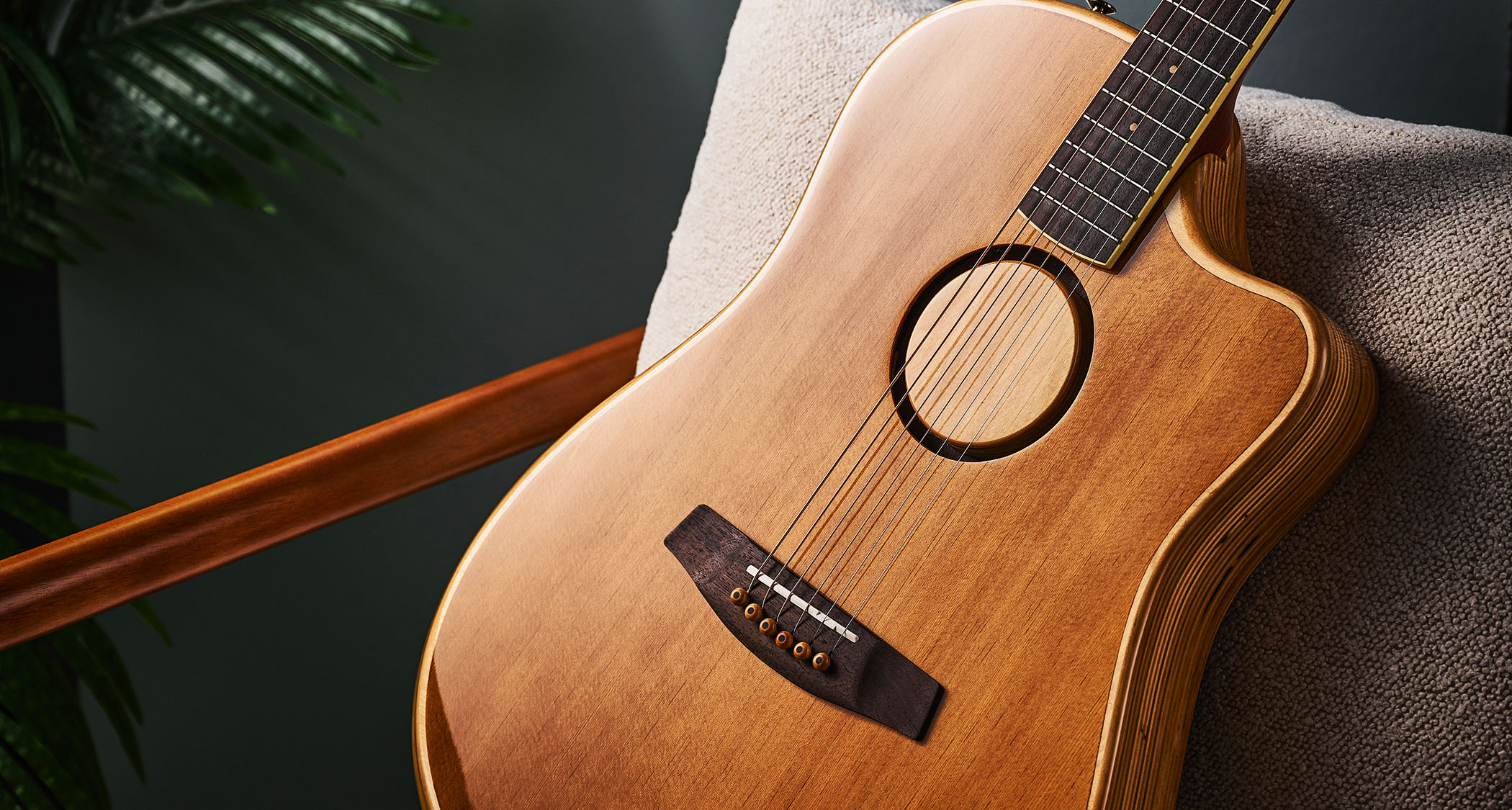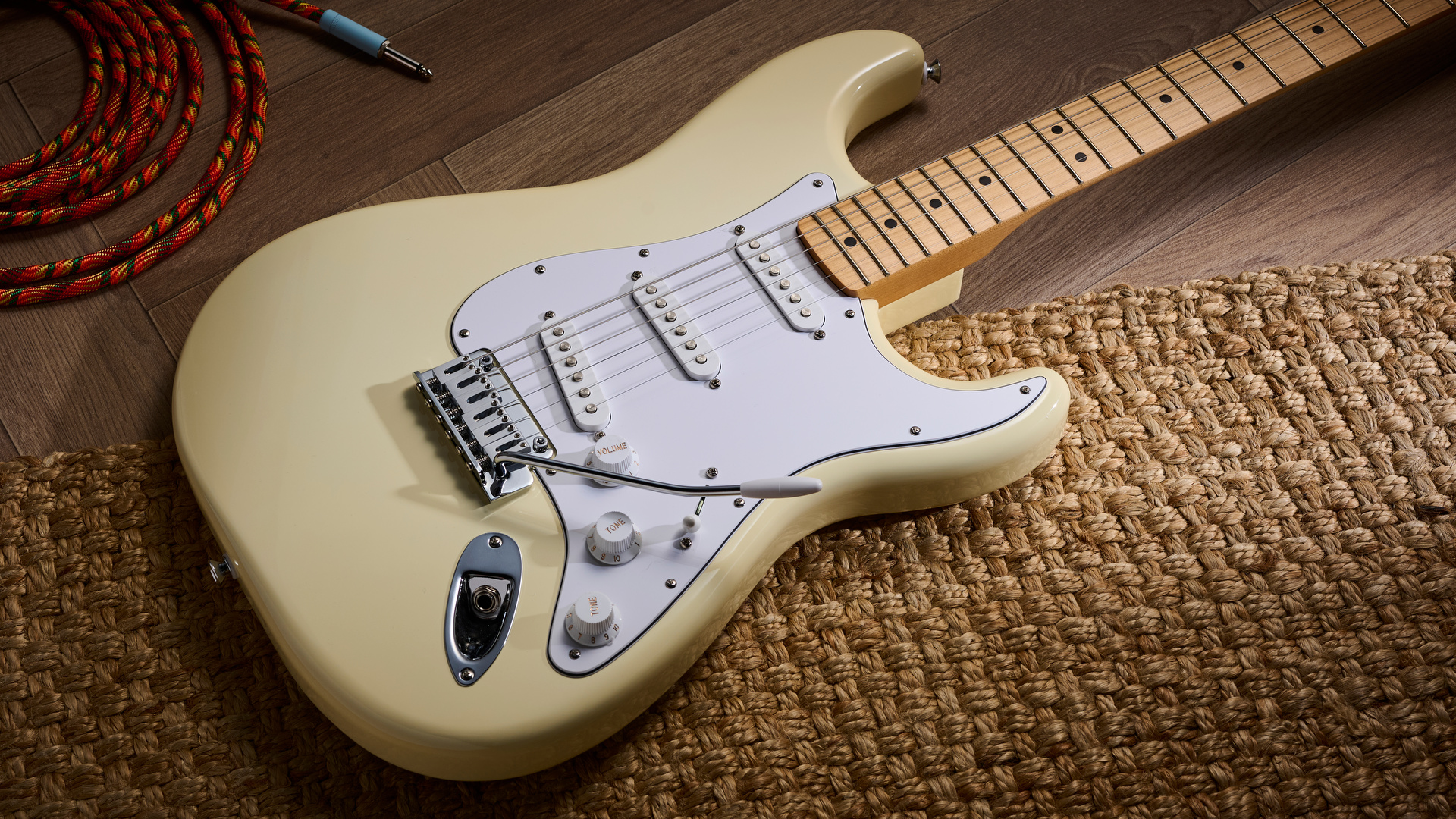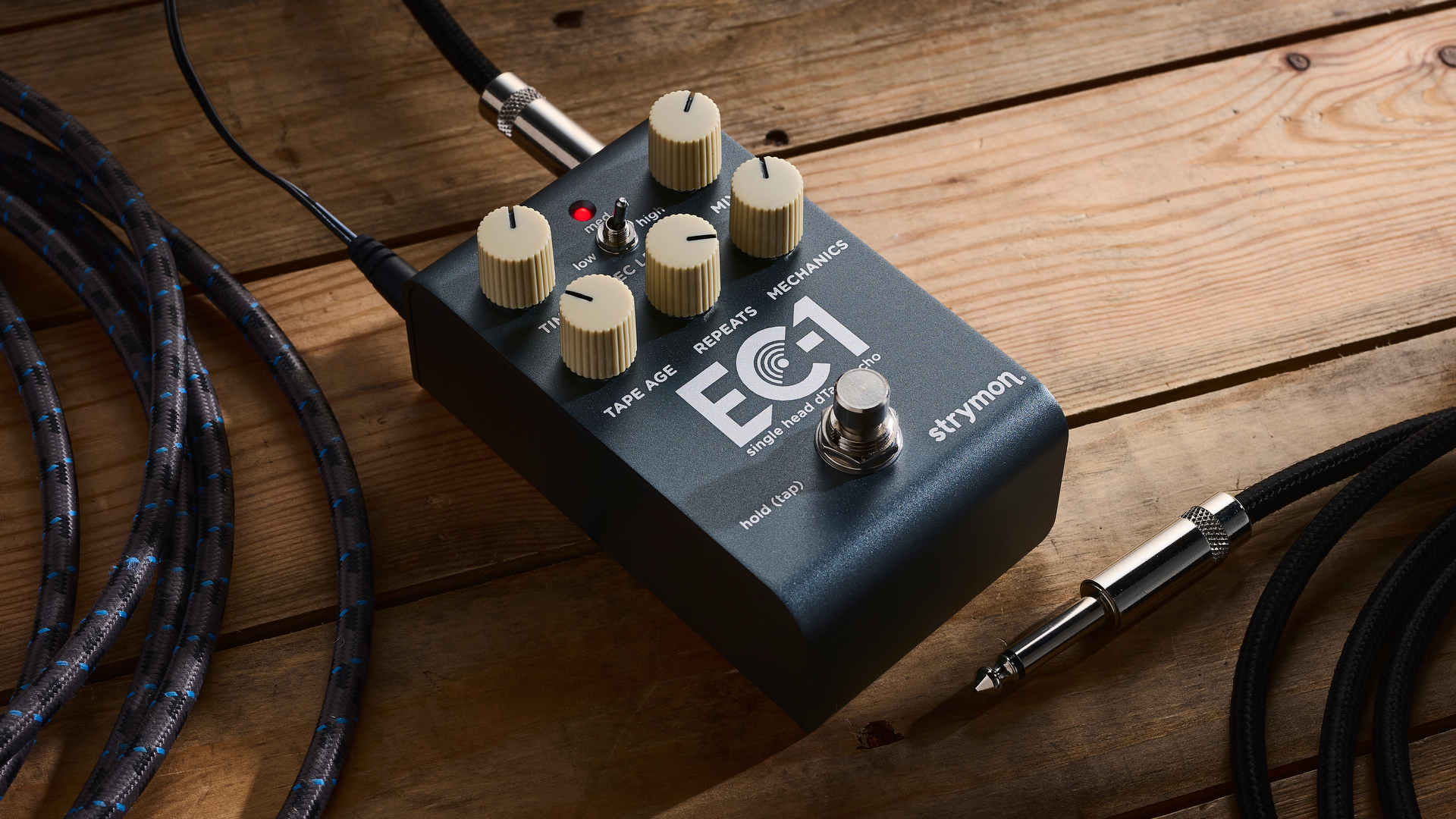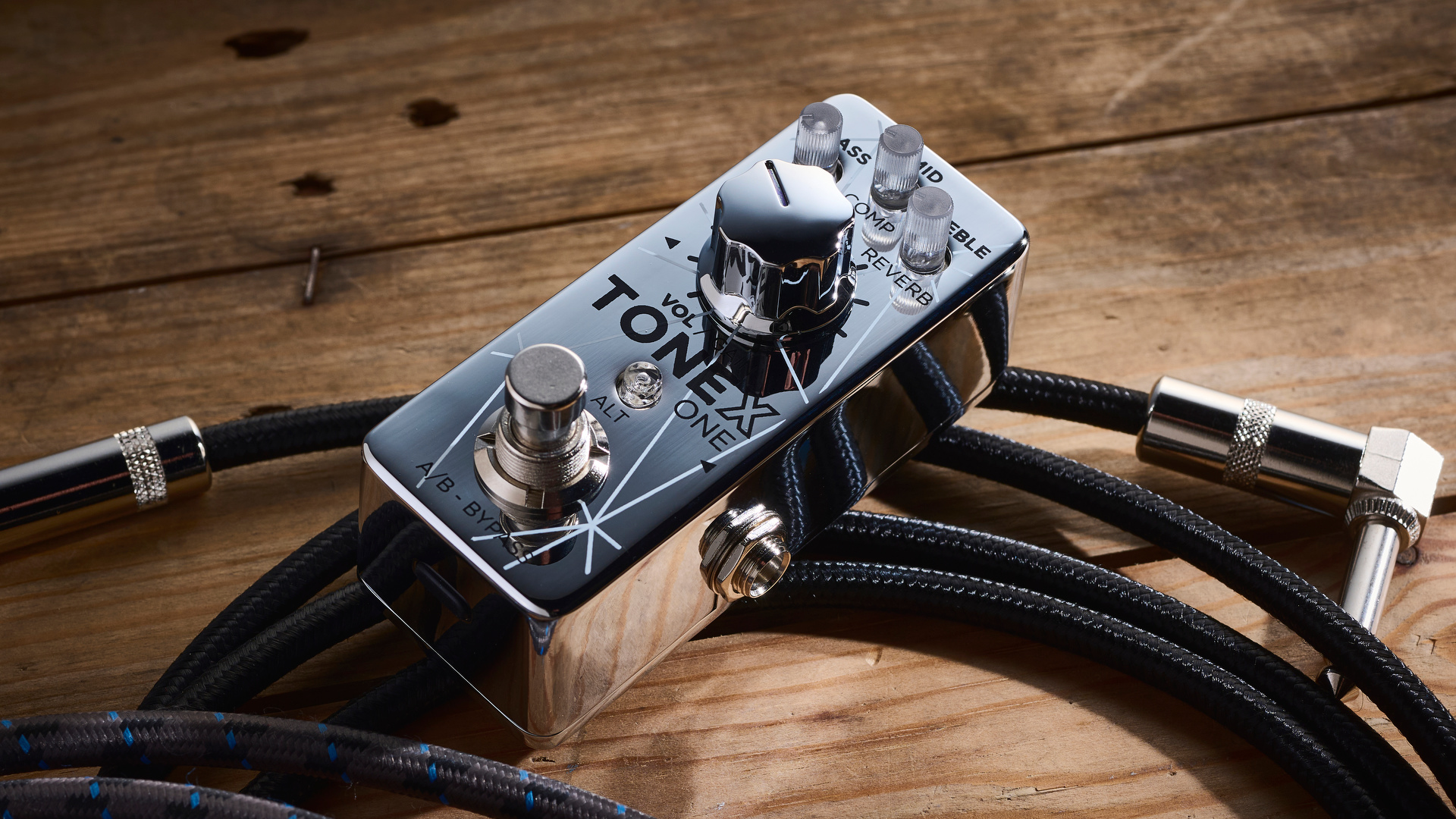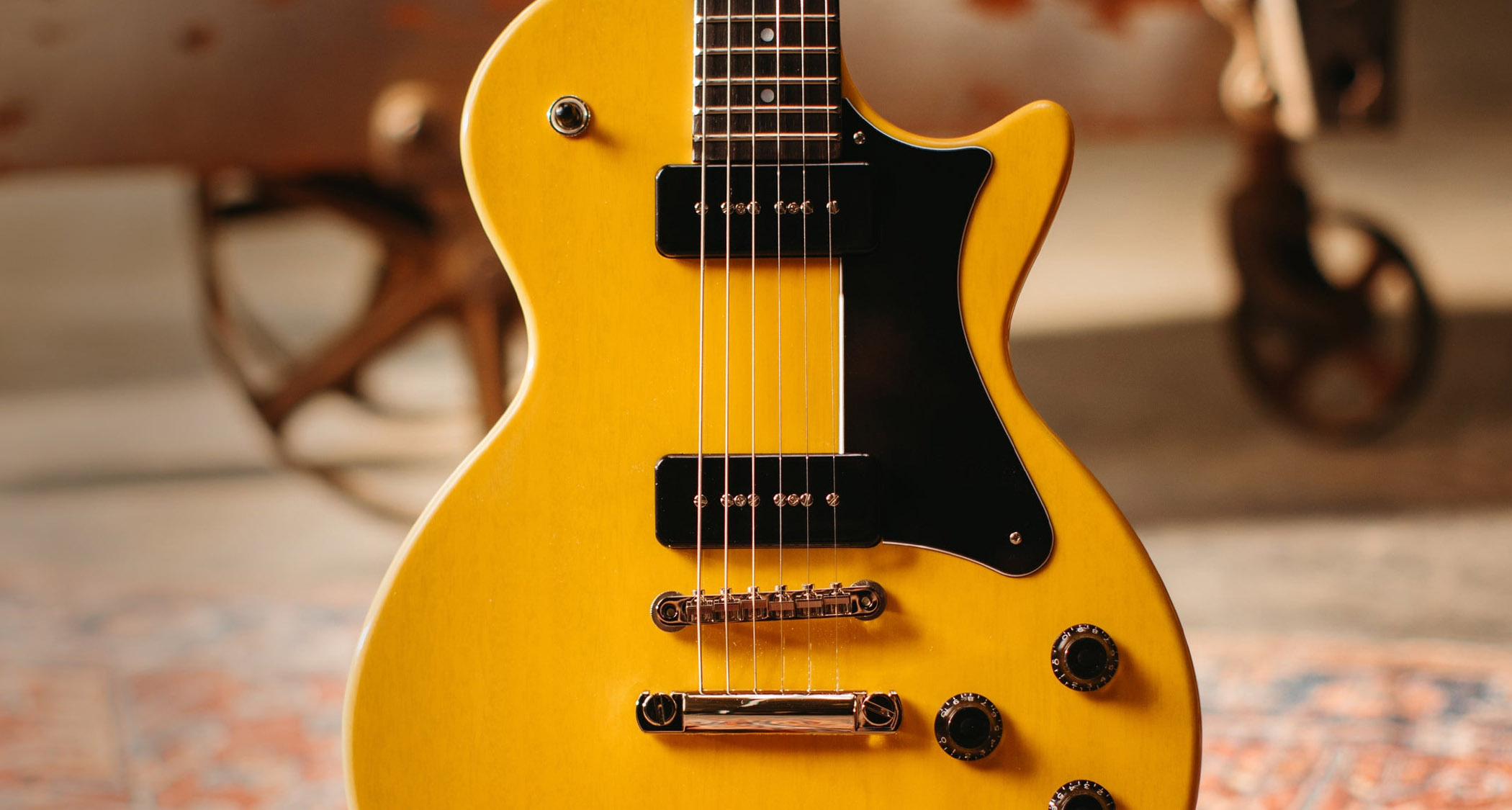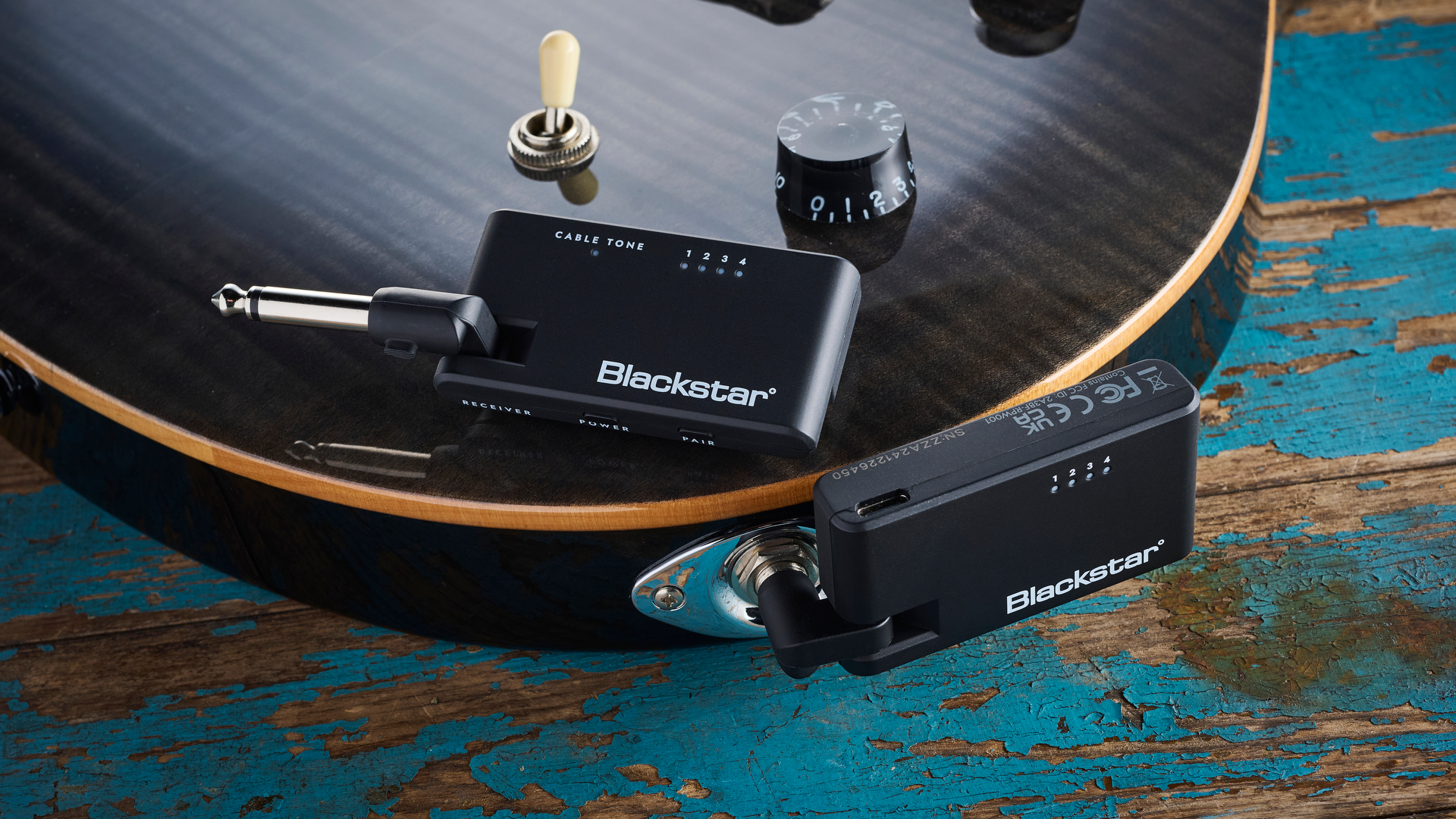Guitar World Verdict
The budget acoustic guitar market is easily one of the most crowded, with plenty of well-made six strings fighting for your hard-earned cash. The Epiphone Hummingbird Studio stands out from the crowd with its vintage style and effortless playability.
Pros
- +
Nails the Hummingbird look
- +
Very easy to play
- +
Great value for money
Cons
- -
Can sound a little boxy
- -
Would prefer a rosewood fingerboard
You can trust Guitar World
The Hummingbird is a truly striking guitar. Its large imposing frame and ornate details have made it beloved by many iconic players, with the likes of Tom Petty, Keith Richards, Dave Grohl, and Sheryl Crow all turning to this elegant dreadnought to achieve some of the most recognizable acoustic tones ever recorded. It’s no surprise then that a guitar this stunning - with a sound this legendary - costs a pretty penny. However, while the Gibson may be out of reach for most of us, there is another option. Enter the Epiphone Hummingbird Studio, an inexpensive alternative to one of the most famous acoustic guitars of all time.
Now, the eagle-eyed among you may recognize this as the Epiphone Hummingbird PRO, and you’d be correct. This is, in fact, the same guitar, only rebranded slightly. With Gibson and their younger sibling, Epiphone, going through somewhat of a transition period, with new models such as the Inspired by Gibson Hummingbird and 12-String variant hitting the market recently, the humble Hummingbird PRO now carries the Studio moniker.
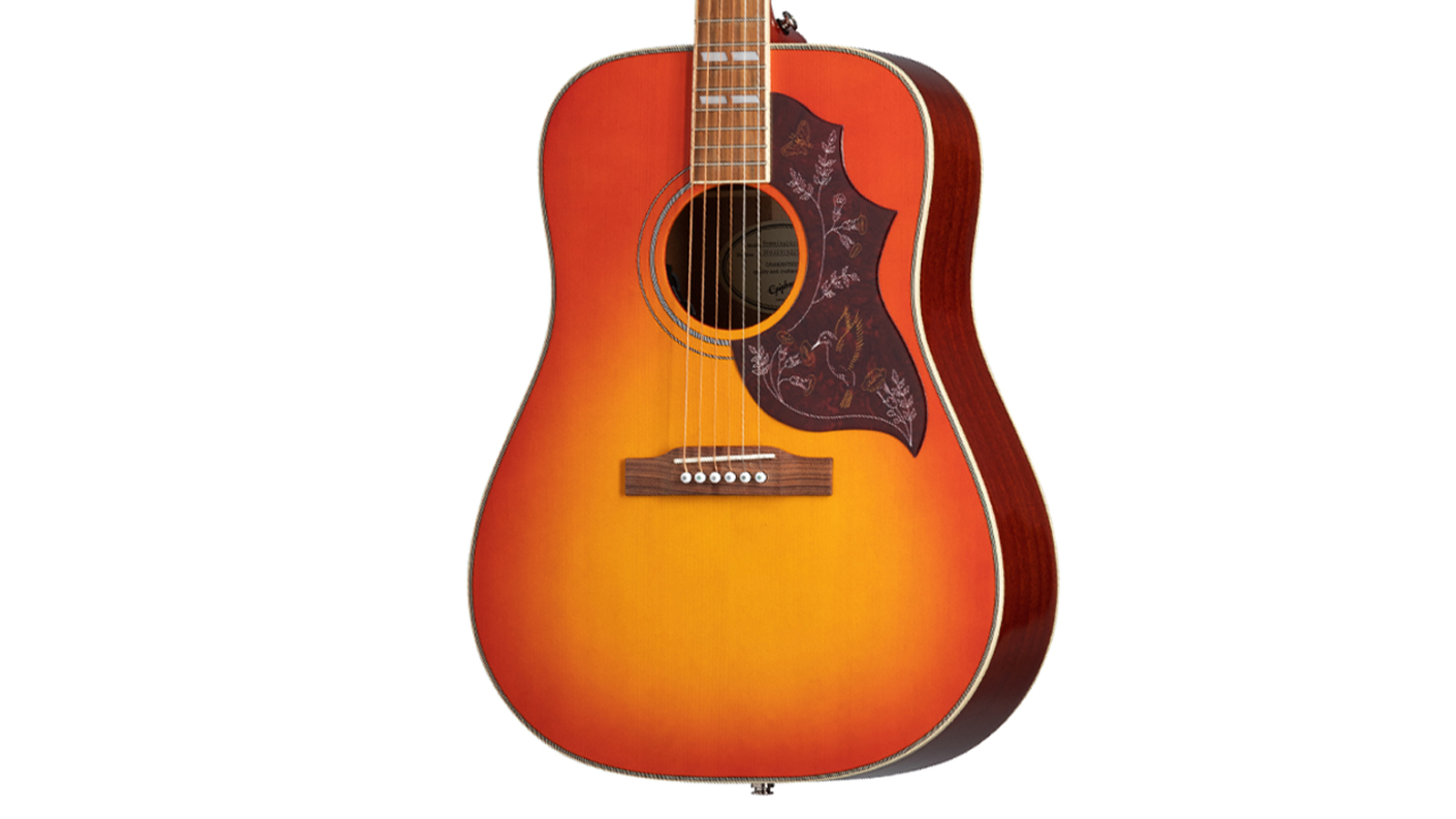
The first thing to be said about the Epiphone is how well it’s been made. This guitar feels solid and very well constructed - considering the modest price tag. Okay, so it may not convince anyone it’s a bonafide Gibson, but considering it comes in under $/£400, it does a pretty great job. The large dreadnought body delivers all the booming bottom end you’d expect, and the projection here isn’t half bad either. There is more than enough volume to fill a room when strummed - and you don’t have to hit it like it owes you money to get the volume out.
The inclusion of a solid top is a very nice touch, and it certainly helps with the overall tone, although it can get a little boxy in the low-mids. That could be down to the thick finish, but it’s hard to tell. That said, it most definitely blows away much of its competition in this weight class.
Epiphone has managed to capture the look and vibe of the original Hummingbird beautifully here.
Fans of a thin, fast neck will love the Hummingbird Studio. The SlimTaper D profile is unobtrusive and extremely comfortable - especially for small hands. Although, we have to mention the Pau Ferro fingerboard, which does look a little dry and pale. It would probably darken up with a spot of conditioning, but it’s worth mentioning here, as we would prefer rosewood. The Grover Rotomatic tuners - while nothing to write home about - appear reliable and fairly accurate. There’s no doubt they would easily stand up to a hard life on the road.
Epiphone has managed to capture the look and vibe of the original Hummingbird beautifully here. From the embellished pickguard to the gorgeous faded cherry sunburst, twin parallelogram inlays, and multi-ply binding, there is no question what guitar you are playing - it’s a Hummingbird through and through.
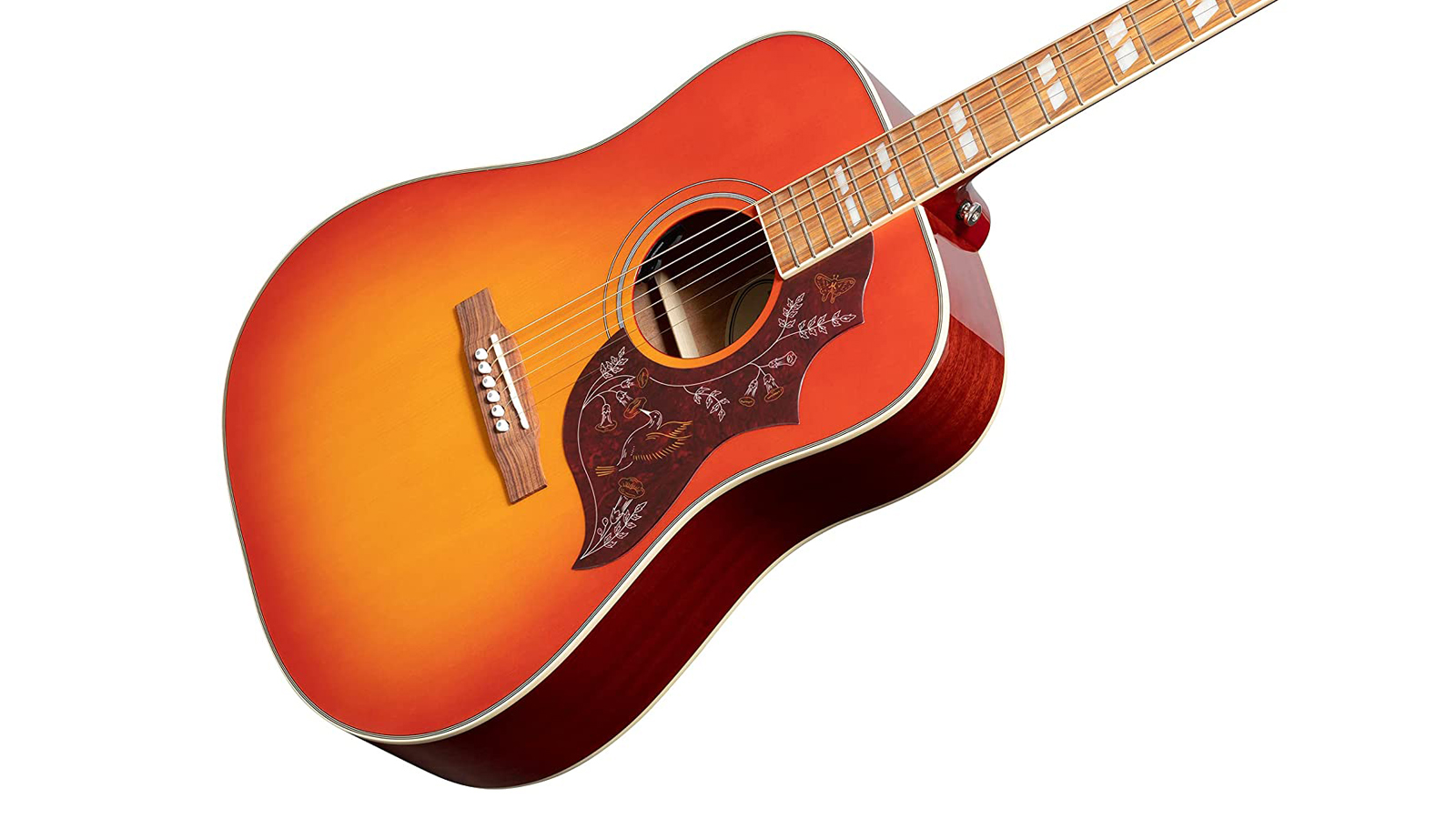
If we were to have one gripe with the look, it has to be the old headstock. Now, a few years ago, we wouldn’t even have questioned this peghead choice. Still, since the release of the new Inspired by Gibson range, and the return of the original Kalamazoo headstock, we can’t help but feel its absence here. However, this is a minor complaint and isn’t a deal-breaker for us.
Lastly, we have to talk about the Fishman Sonitone pickup system. Anyone familiar with other guitars in this price bracket has most likely come across this under-saddle piezo pickup. It may be a fairly budget acoustic guitar pickup, but it’s more than serviceable for gigging or busking. Okay, it can suffer for the scratchiness associated with piezo systems, but for its very wallet-friendly price, you can’t really complain. It’s loud, clear, and you can roll back on the tone control slightly if it gets too bright.
Epiphone Hummingbird Studio review: Verdict
As a beginner acoustic guitar, the Hummingbird Studio stands out from the crowd, not only for its fabulous retro style but also in terms of build quality and playability. Yes, the Inspired by Gibson version maybe - overall - a “better” guitar, but the studio comes in at almost half the price, and does that make it half as good? No, it certainly doesn’t. The Studio may have a few issues - what guitar at this price point doesn’t? But for the money, the Epiphone has to be a strong contender for one of the best acoustic guitars under $500 out there right now.
Epiphone Hummingbird Studio review: Spec
- Body Shape: Hummingbird
- Body Material: Mahogany
- Top: Solid Spruce
- Back & Sides: Mahogany
- Binding: Top: 6-ply Ivory/Black, Back: 2-ply Ivory/Black
- Neck: Mahogany
- Profile: SlimTaper D
- Fingerboard: Pau Ferro
- Frets: 20 Medium Jumbo
- Tuning Machines: Grover Rotomatic 18:1
- Pickup: Fishman Sonicore
- Contact: Epiphone

Daryl is a Senior Deals Writer at Guitar World, where he creates and maintains our 200+ buyer's guides, finds the best deals on guitar products, and tests the latest gear. His reviews have been featured in prominent publications like Total Guitar, Future Music magazine, and MusicRadar.com.
During his career, he has been lucky enough to talk to many of his musical heroes, having interviewed Slash and members of Sum 41, Foo Fighters, The Offspring, Feeder, Thrice, and more. In a past life, Daryl worked in music retail. For a little under a decade, he advised everyone from absolute beginners to seasoned pros on the right gear for their needs.
Daryl is also a fully qualified sound engineer, holding a first-class Bachelor's degree in Creative Sound Production from the University of Abertay.
“While the odd corner has clearly been cut, these are true Gibsons with all the individuality that this brand exhibits”: Gibson J-45 Special and Hummingbird Special review
“Fender has stripped back the price – but has it gone too far paring back the sounds, too?” Fender Standard Acoustasonic Telecaster review
